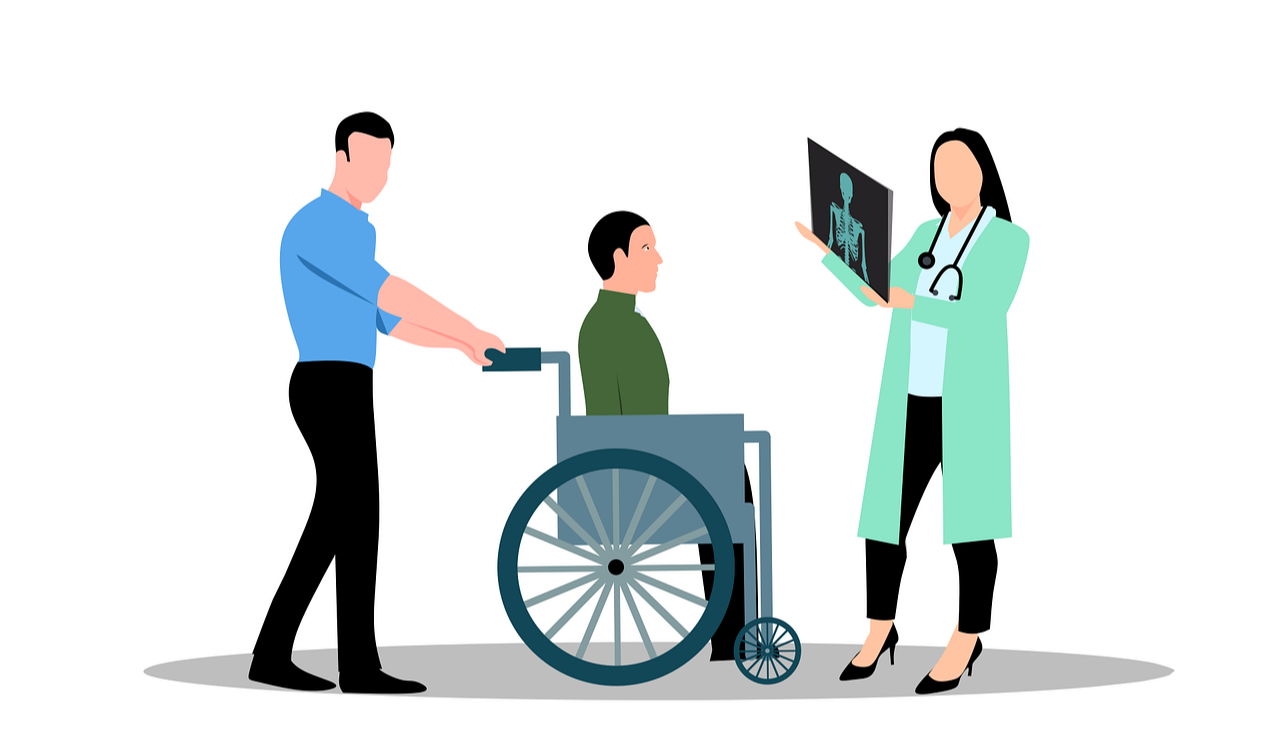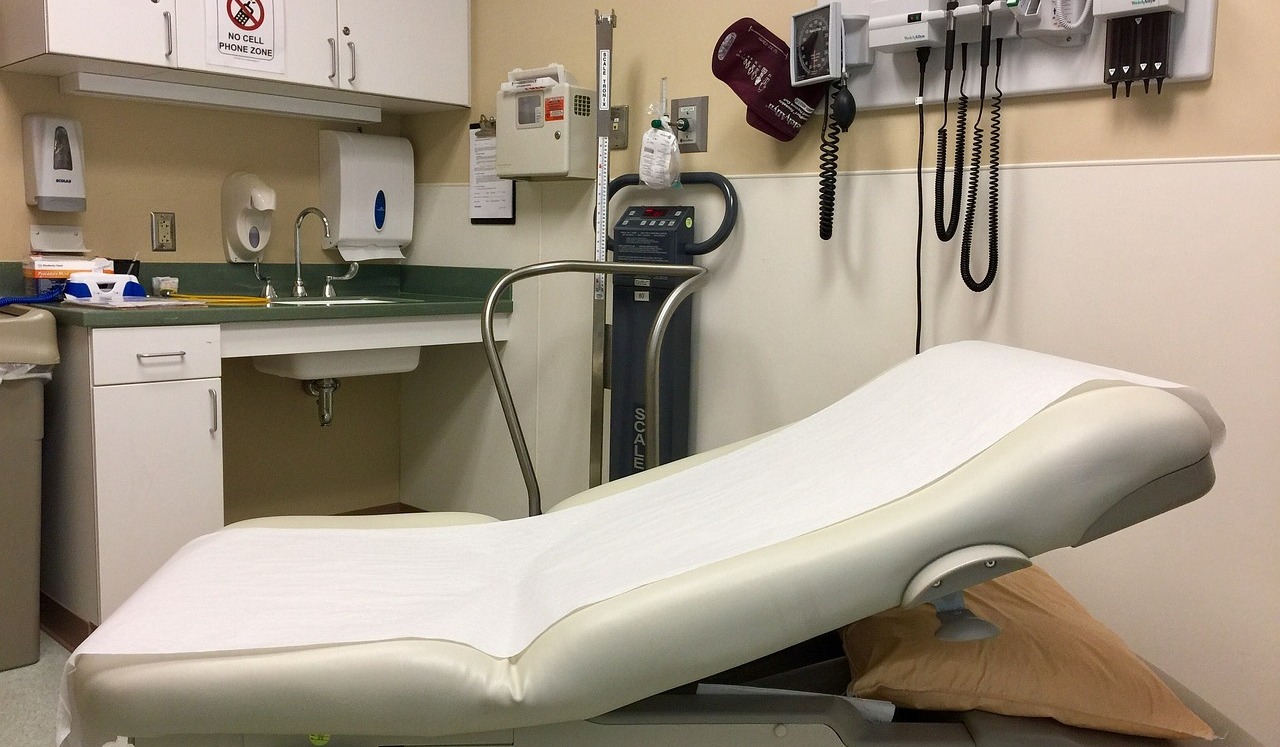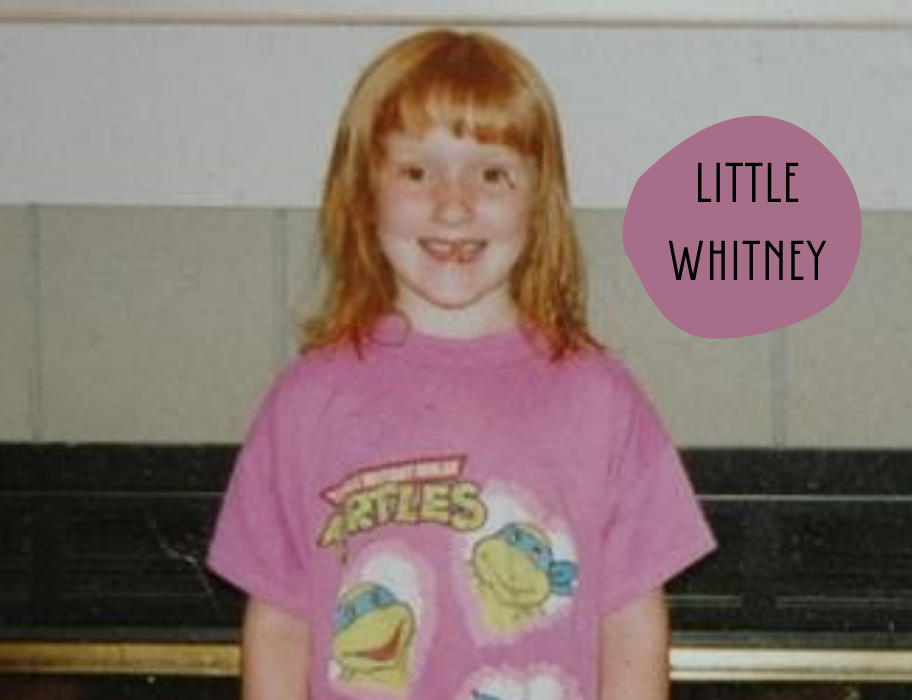What Doctors Need to Know about Neurodivergence
This blog is a companion blog to "Doctor Visits for Neurodivergent Folks," wherein I discuss specific ways that neurodivergent people can best...

If you have spent any time on TikTok lately, odds are you have come across some videos where folks (with a healthy helping of good humor) discuss the specific behaviors that have led them to discover, usually later in life, that they might actually be neurodivergent.
When it's described that way, it makes sense why so many folks would find that they can relate to the definition and adopt "neurodivergence" (or being different than the average person in some way) as one of their labels. After all, aren't we all unique in our own ways? Historically this concept has been most related to certain diagnoses like Autism spectrum disorder (ASD), attention deficit/hyperactivity disorder (ADHD), and learning disorders; however, we (folks in the medical and mental health fields) have really noticed over the last decade that neurodivergence is more common and not limited to these diagnoses.
More boys are diagnosed with ASD (4-5x more, to be specific) at least partially because the behaviors that are known as typical for this diagnosis are more likely to be noticed in boys. Girls tend to be socialized to be more verbal, for example, which might at least help to explain some of the classic communication deficits we associate with ASD. Most experts today agree that our foundational understanding of ASD in women needs to change, and this might be one reasons that many women find themselves seeking a diagnosis later in life - often in adulthood when they recognize similar difficulties in their own children.
While sensory processing disorder (SPD) is not currently a distinct diagnosis, it is a symptom that is often present with ASD. For many people who discover their neurodivergence later in life, many of their sensory issues had been written-off when they were younger (e.g., they were described as "touchy" or "overly sensitive," "dramatic," or something similar). SPD is a condition where someone has issues in taking in and responding to sensory information. For many folks this looks like having issues with certain textures, loud environments, repetitive sounds, and with coordination. Sometimes there is significantly stronger reaction to sensory experiences while other times the issues might be a significantly weaker reactions to sensory stimuli.
Having that label can help us to understand some of the differences we have noticed about ourselves and our peers - even if we thoughts these differences are no big deal.
For some it can confirm that something about their brain is "broken." If you find yourself in this place, I would encourage you to do something - head over to TikTok and search the tag #neurodivergent. You're going to find a whole community of people who are on this same journey, and who can assure you are not alone, and you are not broken. You'll find, too, that humor they use to discuss their neurodivergence can be really healing and encouraging.
What would it look like for you to notice that label of "neurodivergent" in a very defused way - with some safe distance and with a sense of curiosity? Would you be able to discover new ways to love and appreciate your unique ways of functioning? Even if the "neurodivergent" label isn't the one for you, I wonder what it would be like to be more curious about yourself and the way your brain functions? Maybe you could learn to appreciate your own quirks in a healthy and freeing way? How might your home life be different? And work? I'd love to explore this with you, so reach out if you are interested.

This blog is a companion blog to "Doctor Visits for Neurodivergent Folks," wherein I discuss specific ways that neurodivergent people can best...

If there is one thing I have learned about myself in my own autism journey that has also been supported by the clients I have been working with, it's...

I have always felt…out of place. Even as a small child and regardless of where I have been, I notice the things about me that stand out. It’s this...